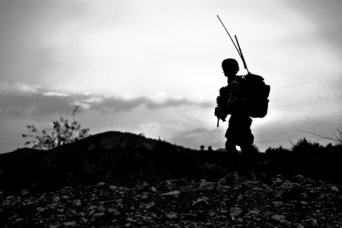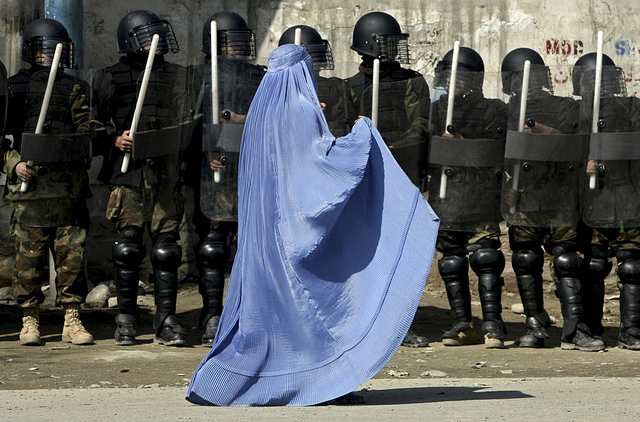- About
- Topics
- Picks
- Audio
- Story
- In-Depth
- Opinion
- News
- Donate
- Signup for our newsletterOur Editors' Best Picks.Send
Read, Debate: Engage.
| topic: | Peace and Reconciliation |
|---|---|
| located: | Afghanistan, USA |
| editor: | Shadi Khan Saif |
The ensuing rages of war keep consuming generations after generations of Afghans yet peace remains elusive despite it being seemingly close.
Cornered and cursed by the strategic interests of global and regional powers, Afghanistan this week marked ‘reduction in violence’ week. Born out of compromises among warning parties yet short of a much-needed and long-awaited ceasefire, this seemingly short-lived truce must at all cost be seized to garner eventual peace on a land where life and death are face to face in every corner.
It comes at a crucial transition phase of power when the vicious opportunist forces are bent upon to penetrate, undermine and sabotage the whole state-building process, and keep the war machinery grinding the venomous cycle of violence to continue.
The nascent Afghan democracy is only in its teenage phase, and yes the 2019 presidential polls were marred by irregularities, but the stubborn attitude of not accepting the outcome after results, leads the country nowhere. In fact, outlawed manoeuvres for parallel power structures only weaken the negotiating positions of a government that should bargain with the insurgents for the rights of the masses. The people are extremely concerned not to lose their hardly-earned rights and liberties of the past many years.
Protracted violence caused 10,000 civilian casualties in Afghanistan last year. The annual UN Assistance Mission in Afghanistan report that has been systematically documenting the impact of the war on civilians since 2009 this week revealed the number of civilian casualties in the last decade had surpassed 100,000.
The figures suggest 47 per cent of the casualties are caused by the Taliban, 16 per cent by the Afghans, and 8 per cent by the international military forces.
Let us also not forget that the same flames of war have also taken the lives of as many if not more or less Taliban members and the Afghan security forces who otherwise could have been living a decent life.
Hence, this ‘reduction in violence’ provides a historic opportunity for the Taliban rebels to reintegrate in society rather than see it as a ‘Trojan horse’ to power move.
The key player in this conflict, the U.S., must bear all its responsibilities of a dignified rather than quick exit influenced by domestic politics.
Finally, the Afghan government and political elite should have mercy on their people and not lose the path to peace of their own wasted interests.
Image: Amber Clay / Pixabay

